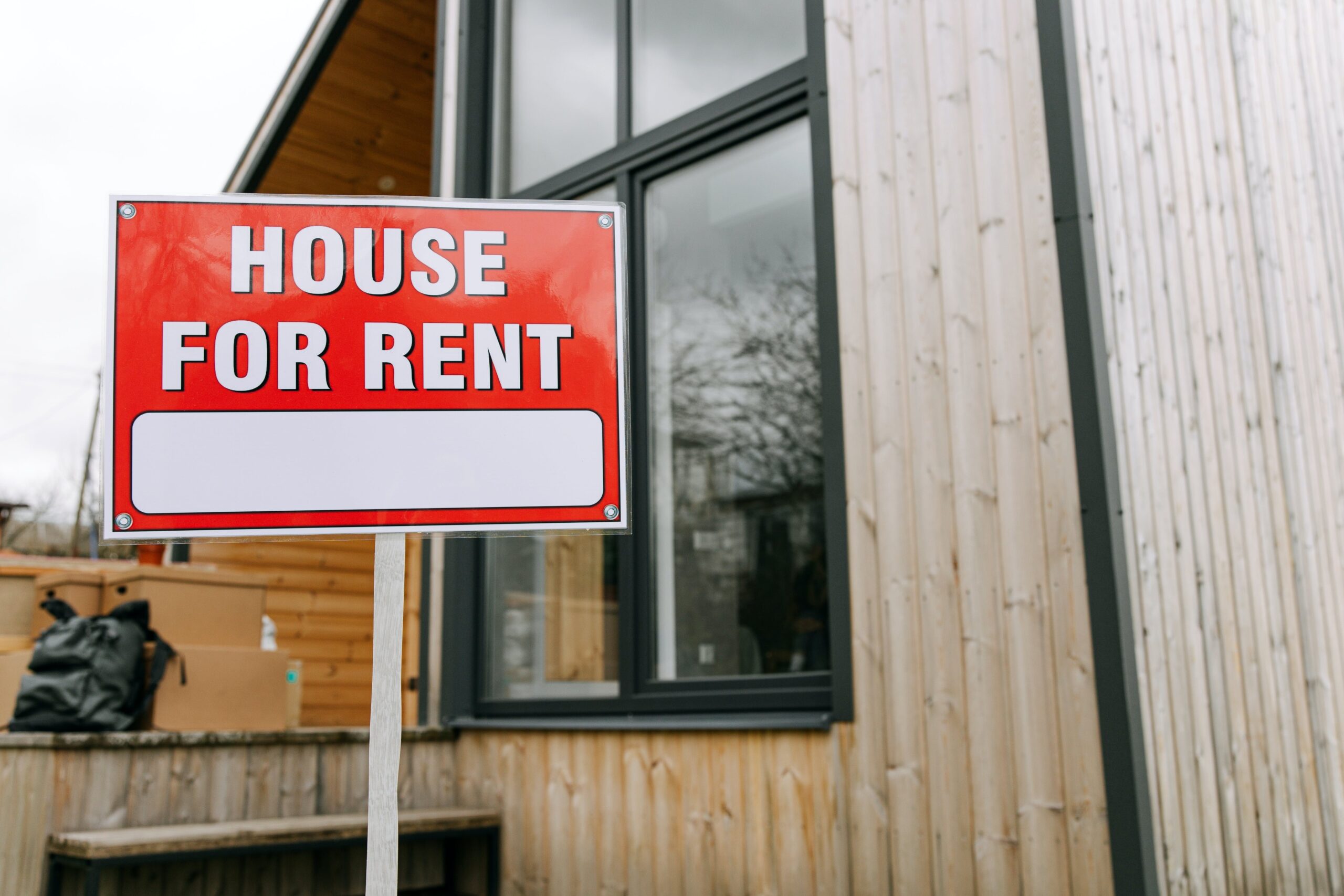Steps to renting your house in 2024

Are you planning on renting your house in 2024? If so, you’re making a smart choice!
Renting your home will enable you to earn consistent passive income while you still are able to enjoy the benefits of homeownership.
In this article, we will share with you several tips you can use for renting your home in 2024:
Tips For Renting Your Home In 2024
- Understand Local Laws and Regulations:
- Familiarize yourself with local landlord-tenant laws and regulations. These can vary significantly from one location to another.
- Prepare the Property:
- Make necessary repairs and improvements to ensure the property is in good condition for tenants. This may include painting, fixing plumbing issues, and addressing safety concerns.
- Determine Rent:
- Research the rental market in your area to determine a competitive rental price. Consider factors like location, size, amenities, and local demand.
- Screen Potential Tenants:
- Establish Oregon criteria for selecting tenants, such as income requirements, credit checks, and rental history. Advertise the property through various channels and screen applicants thoroughly.
- Create a Lease Agreement:
- Draft a comprehensive lease agreement that includes all relevant terms and conditions. Be sure to cover rent amount, lease duration, security deposit details, maintenance responsibilities, and any other rules or policies.
- Security Deposit:
- Determine the amount for the security deposit, which is typically one month’s rent. Clearly outline the conditions under which the deposit may be withheld, such as damages beyond normal wear and tear.
- Understand Landlord Responsibilities:
- Familiarize yourself with your responsibilities as a landlord, which may include maintenance, repairs, and compliance with health and safety codes.
- Get Insurance:
- Consider obtaining landlord insurance to protect your property from potential damages. This type of insurance may also provide liability coverage.
- Utilities and Services:
- Determine how utilities will be handled. Clearly communicate which utilities are included in the rent and which ones tenants are responsible for.
- Provide Documentation:
- Prepare copies of all relevant documentation, including the lease agreement, property rules, and any required disclosures. Make sure tenants have a clear understanding of their rights and responsibilities.
- Collect Rent and Security Deposit:
- Set up a system for collecting rent and the security deposit. Determine the method of payment and establish a schedule.
- Walk-Through and Inspection:
- Conduct a walk-through with the tenants before they move in to document the property’s condition. Use a checklist and take photos to avoid disputes later.
- Emergency Contacts:
- Provide tenants with emergency contact information in case of maintenance issues or urgent situations.
- Stay Informed:
- Stay informed about changes in local laws and regulations that may affect landlord-tenant relationships.
Remember, it’s crucial to consult with legal and real estate professionals to ensure that you comply with all applicable laws and protect your interests as a landlord.
Know When It’s Time To Hire A Property Manager
Although you can continue managing your Portland area rental property yourself, you will see a better return on investment by hiring a property manager.
If you’re on the fence about hiring a property management company, here are several reasons to hire a professional property management company.
Hiring a property manager can be beneficial for landlords, especially those who may not have the time, expertise, or inclination to handle the day-to-day responsibilities of managing rental properties. Here are several reasons why you might consider hiring a property manager:
- Time Savings:
- Managing rental properties can be time-consuming, involving tasks such as advertising, tenant screening, maintenance, and dealing with emergencies. A property manager can handle these responsibilities, freeing up your time for other activities.
- Tenant Screening:
- Property managers are experienced in tenant screening, which includes conducting background checks, verifying employment and rental history, and checking references. This helps ensure that you get reliable and responsible tenants.
- Rent Collection:
- Property managers can handle rent collection, ensuring that payments are received on time. They can also enforce lease agreements and handle late payments or evictions if necessary.
- Property Maintenance:
- Property managers oversee maintenance and repairs, addressing issues promptly to keep the property in good condition. They often have a network of reliable contractors and can negotiate better rates for services.
- Legal Compliance:
- Property managers are well-versed in landlord-tenant laws and regulations. They can help you stay compliant with local, state, and federal laws, reducing the risk of legal issues.
- Emergency Response:
- In case of emergencies or urgent situations, property managers can provide a quick and effective response. They have established procedures for handling unexpected events and can coordinate repairs or assistance.
- Market Knowledge:
- Property managers have a good understanding of the local rental market. They can help you determine competitive rental rates, optimize property marketing, and adjust rent prices based on market trends.
- Property Marketing:
- Property managers have expertise in marketing rental properties effectively. They can use various channels to attract potential tenants, create compelling property listings, and conduct showings to secure reliable tenants quickly.
- Lease Enforcement:
- Property managers enforce lease agreements, ensuring that tenants adhere to the terms and conditions. This includes addressing lease violations, handling disputes, and initiating eviction processes if necessary.
- Financial Management:
- Property managers can handle financial aspects, including budgeting, financial reporting, and maintaining records. This can help you keep track of expenses, income, and overall financial performance.
- Reduced Stress:
- By delegating the day-to-day management tasks to a property manager, landlords can experience reduced stress and enjoy a more hands-off approach to property ownership.
- Expertise in Real Estate:
- Property managers often have a background in real estate and property management, bringing expertise in handling various aspects of the rental market.
Before hiring a property manager, it’s essential to carefully research and choose a reputable and experienced professional or property management company. Consider their track record, fees, and the services they offer to ensure they align with your specific needs and goals as a property owner.

Contact 4 Rent Local
At 4 Rent Local, our team specializes in local property management for Portland, and surrounding areas.
To learn more about the services that we can offer you, contact us today by calling (503) 447-7788 or click here to connect with us online.

